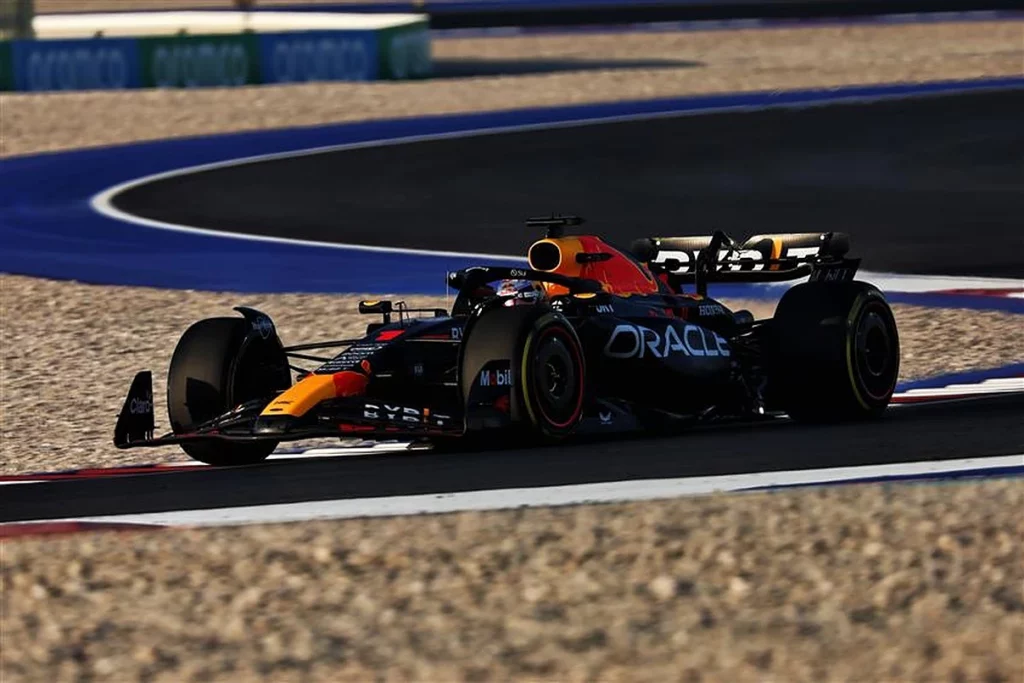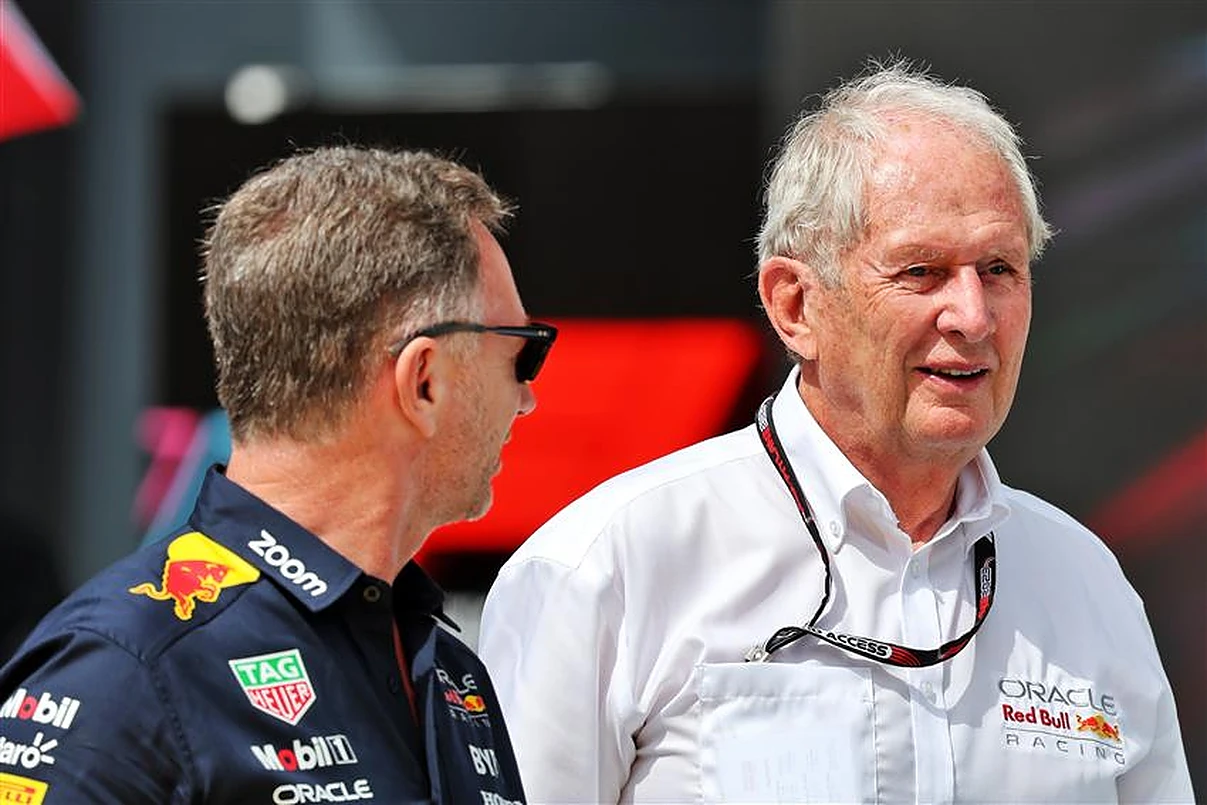Dr. Helmut Marko has echoed the sentiments of fellow Austrian and Formula 1 legend Gerhard Berger regarding the responsibility of drivers in coping with the challenges of extremely hot races.
This comes in the wake of the FIA acknowledging its role in addressing the heat stroke and dehydration issues faced by a group of drivers during the recent Grand Prix in Qatar.
Berger’s perspective on the matter has stirred significant debate, as he expressed that the core issue is essentially “simply a question of fitness.”
His belief is rooted in the notion that drivers who maintain exceptional physical conditioning are less susceptible to adverse health effects caused by extreme race conditions.

Want to work in Formula 1? Browse the latest F1 job vacancies
In his words, “If you’re in great shape, you won’t get sick.”
Dr. Helmut Marko, an influential figure known for his involvement with the Red Bull Racing Team, praised Berger’s candid remarks, describing them as a breath of fresh air in an increasingly safety-focused environment.
Marko emphasised the refreshing nature of Berger’s comments during an interview with Osterreich newspaper, adding insight into the former driver’s perspective on his own racing career: “He also got to the heart of why he didn’t win that much himself.”
Marko further highlighted the notable case of Max Verstappen, the newly crowned triple world champion.
Verstappen’s remarkable performance in the challenging conditions of the Qatar Grand Prix reinforced Berger’s stance on the connection between physical preparedness and on-track success.
READ: Daniel Ricciardo reveals major misconception in interview with crypto company
Marko, drawing from Verstappen’s victory in Qatar, expressed his agreement with Berger’s assessment: “Absolutely. Max was still all together at the finish.
“He did have the advantage of being able to drive three or four leisurely laps after the pitstops until he got the tires up to temperature.”
Furthermore, Marko pointed out a key element in Verstappen’s success, explaining that the Dutch driver could afford a more gradual approach to tire warming after pit stops, unlike other competitors who were likely required to push their limits consistently throughout the race.

